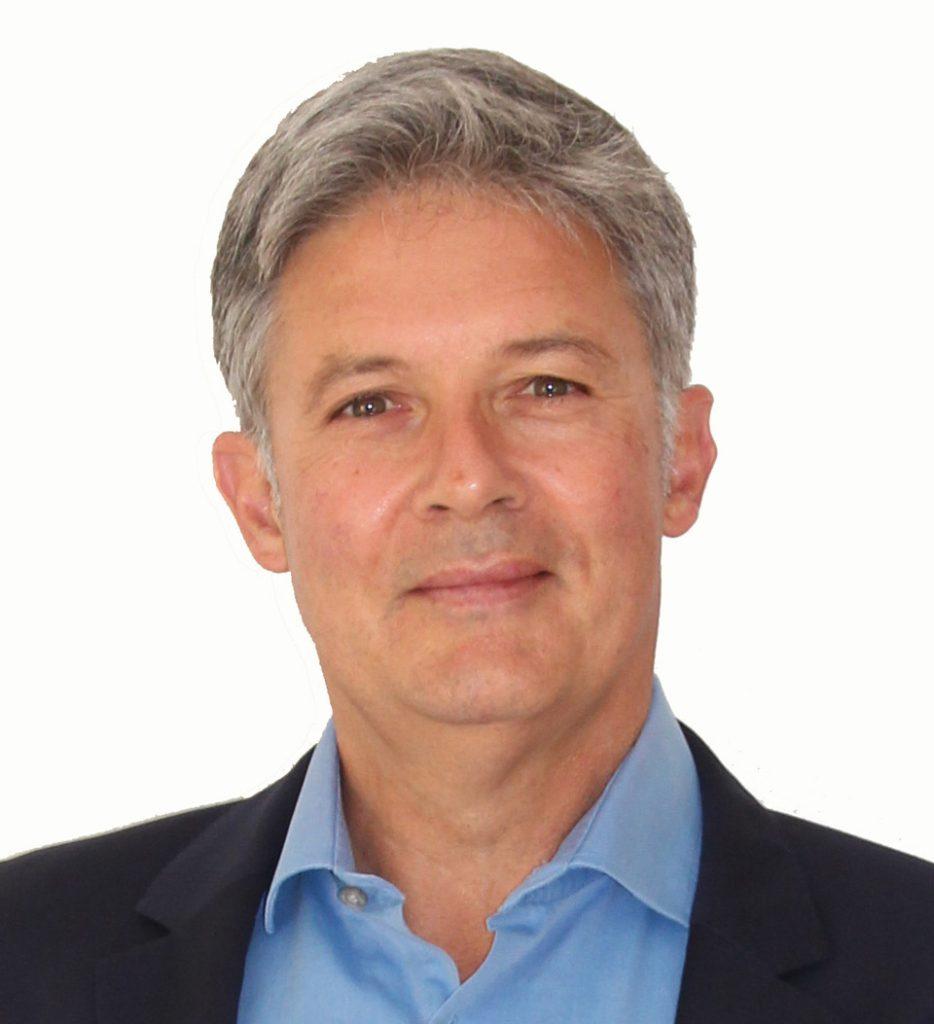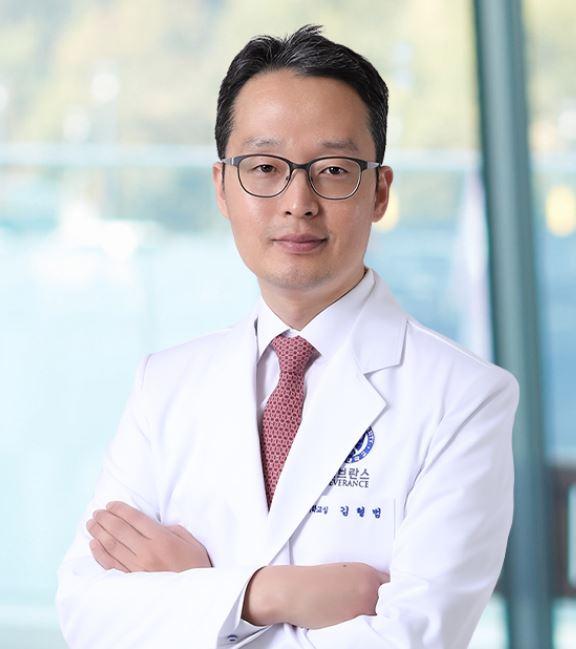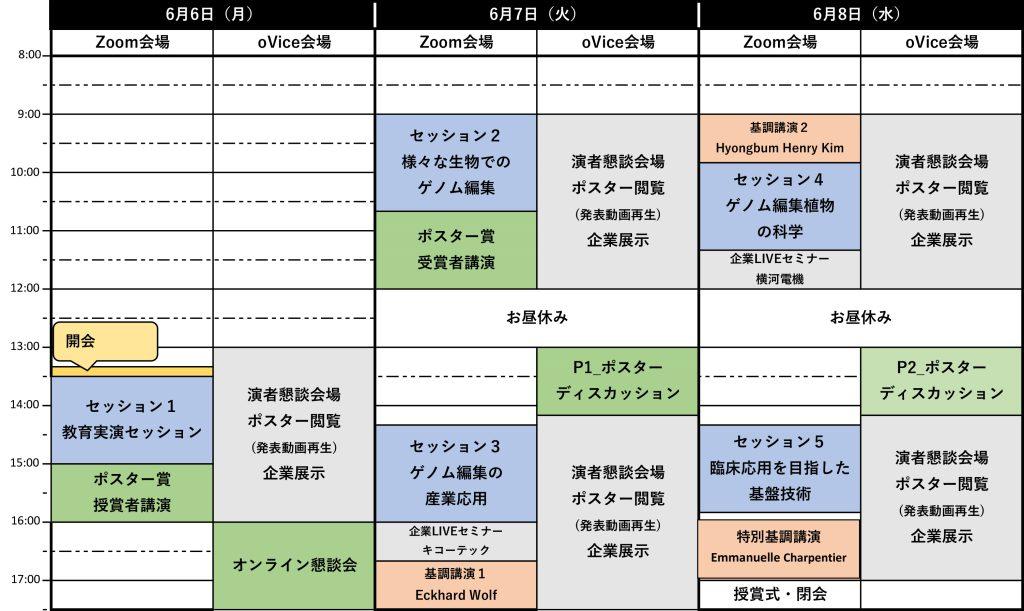Program
プログラム

日程表
【特別基調講演】
6月8日(水)16:00-17:00(予定)
Max Planck Unit for the Science of Pathogens

Title
The CRISPR-Cas9 discovery: Past and Forward
Biography
Emmanuelle Charpentier, Ph.D. is Founding, Scientific and Managing Director of the Max Planck Unit for the Science of
Pathogens and Honorary Professor at Humboldt University, Berlin, Germany. Prior to her current appointments, she was
Scientific Director at the Max Planck Institute for Infection Biology, Berlin; Alexander von Humboldt Professor,
Department Head at the Helmholtz Centre for Infection Research, Braunschweig and Professor at the Hannover Medical
School, Germany; Visiting and Associate Professor at the Laboratory for Molecular Infection Medicine Sweden (EMBL
Partnership), Umeå University, Sweden; Assistant and Associate Professor at the Max Perutz Labs, University of Vienna,
Austria. Emmanuelle held several research associate positions in the US: The Rockefeller University, New York University
Medical Center and Skirball Institute of Biomolecular Medicine, New York, and St. Jude Children’s Research Hospital,
Memphis. She received her education in microbiology, biochemistry and genetics at the University Pierre and Marie Curie
and the Pasteur Institute in Paris, France. Emmanuelle has been widely recognized for her groundbreaking research that
laid the foundation for the revolutionary CRISPR-Cas9 genome engineering technology. She has received numerous
prestigious international awards and honors and is an elected member of national and international scientific academies.
She is co-founder of CRISPR Therapeutics and ERS Genomics with Rodger Novak and Shaun Foy.
【基調講演】
6月7日(火)16:45-17:30(予定)
Gene Center, LMU Munich

Title
Genetically tailored pig models for medical research
Biography
6月8日(水)9:00-9:45(予定)
Department of Pharmacology, Yonsei University College of Medicine

Title
Prediction of genome editing tool activities and high-throughput functional evaluation of cancer-associated mutations
Biography
His group developed a high-throughput method for profiling Cpf1 activity in human cells. Furthermore, his group also developed deep learning-based computational models predicting Cpf1 activity at endogenous sites with unprecedentedly high accuracy. Recently, his group generated computational models that predict the efficiencies of various Cas9 variants in a highly comparative manner and expanded the high-throughput evaluation and computational modeling to base editors and prime editor 2. His group has also generated a CRISPR clock that enable recording elapsed time into integrated DNA sequences of live mammalian cells. Ongoing projects in his lab include the development of potential therapeutic applications of CRISPR-Cas9 to various genetic diseases. His group will continue the research to improve or develop genome editing tools for biomedical research and biotechnology and apply these advanced genome editing methods as therapeutic modalities for various diseases.

